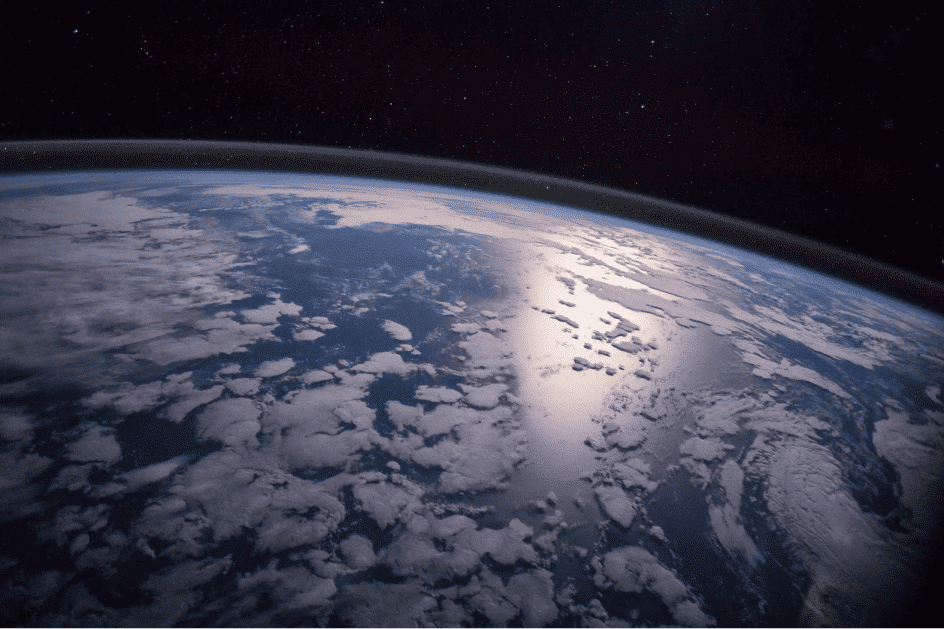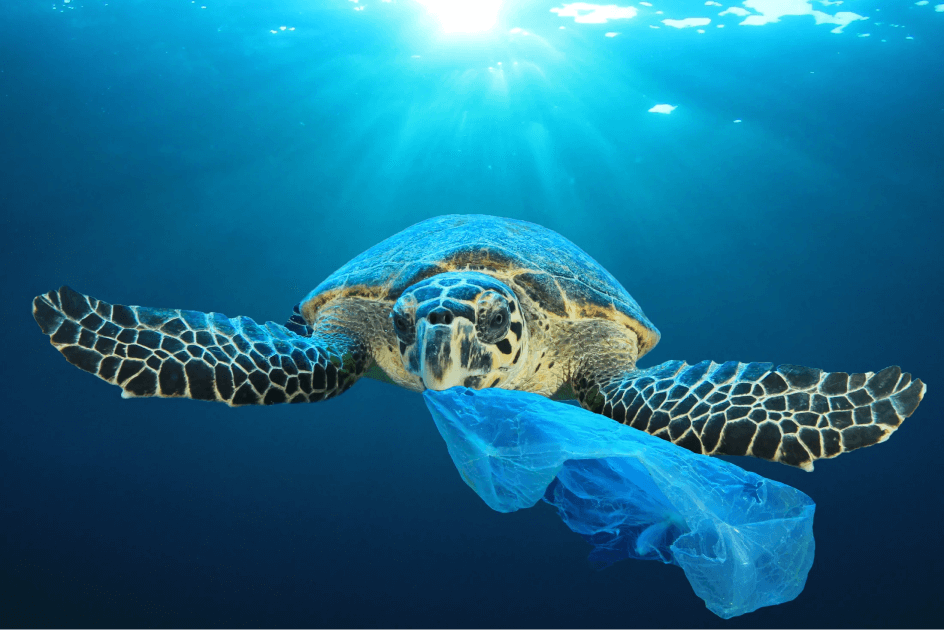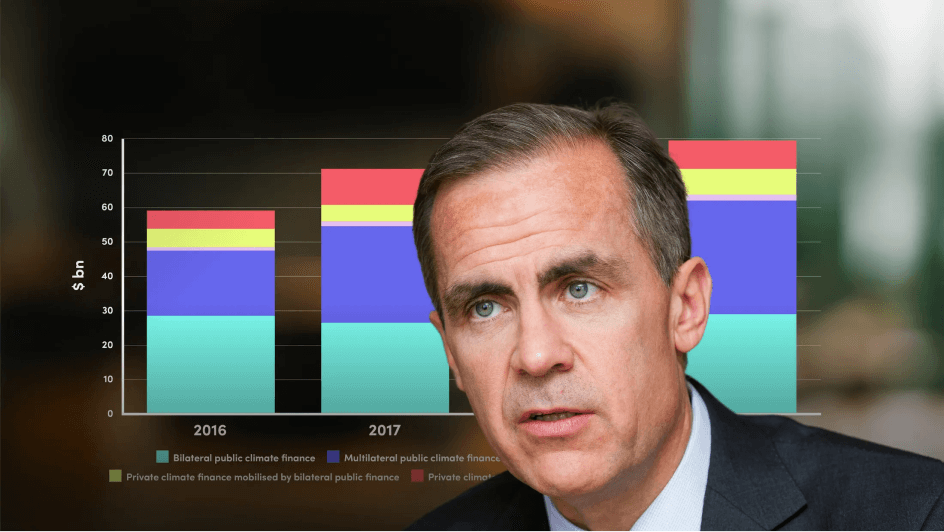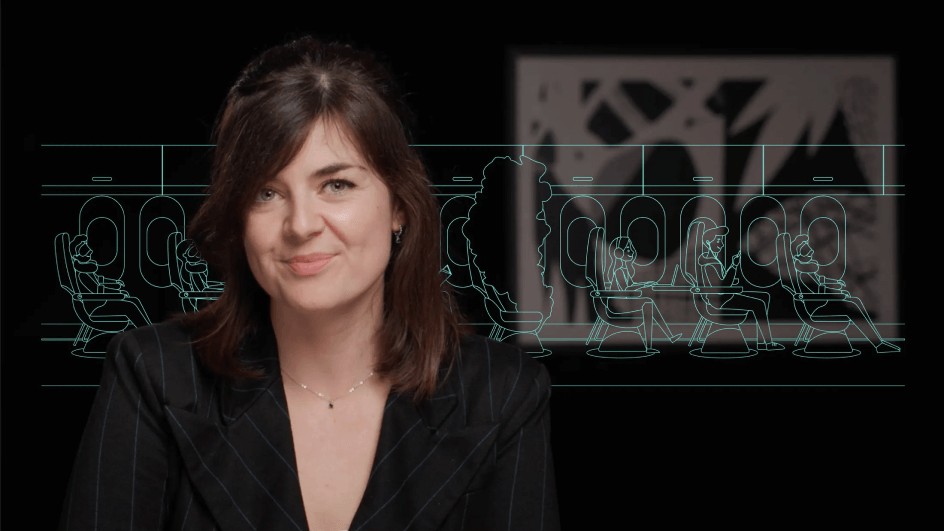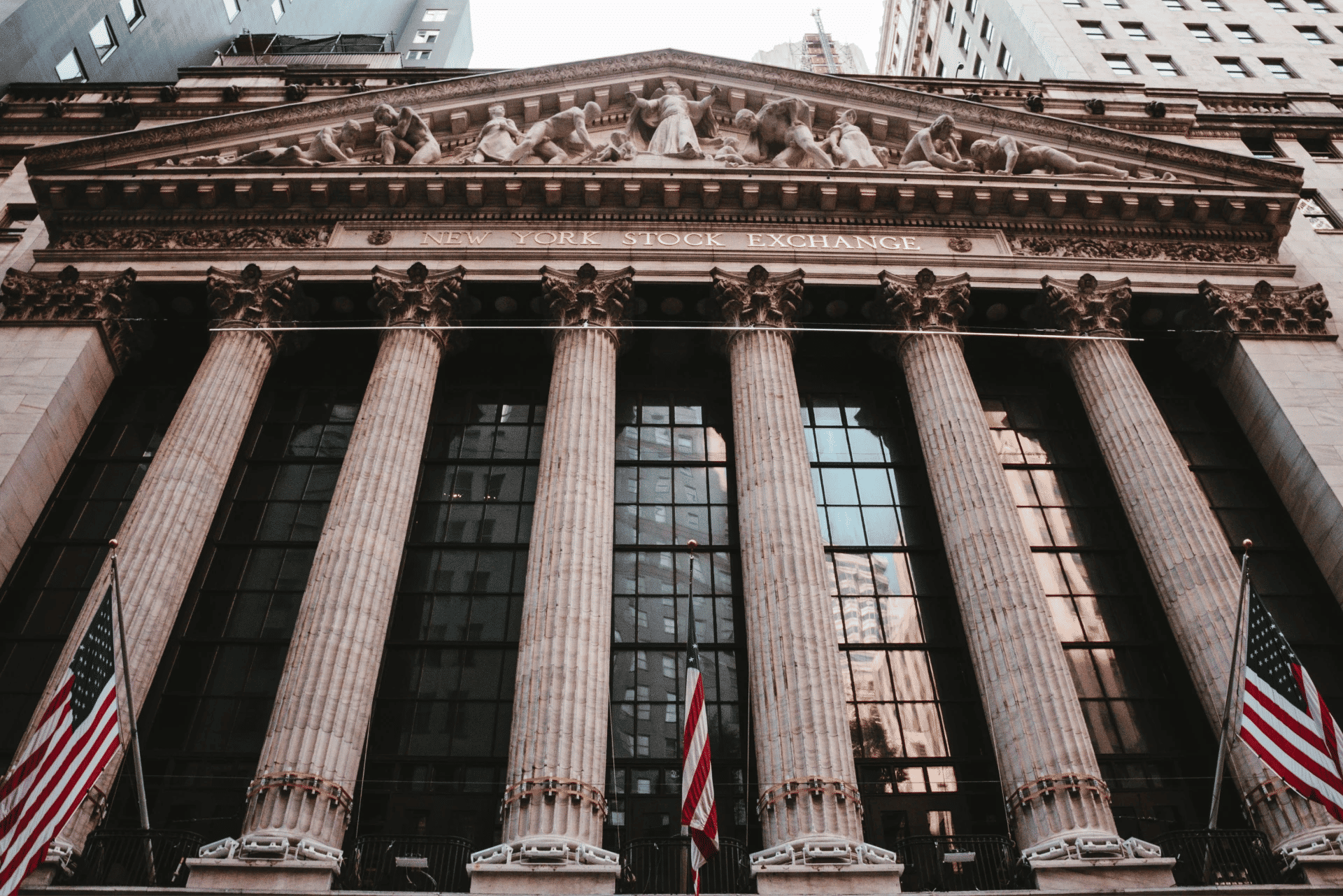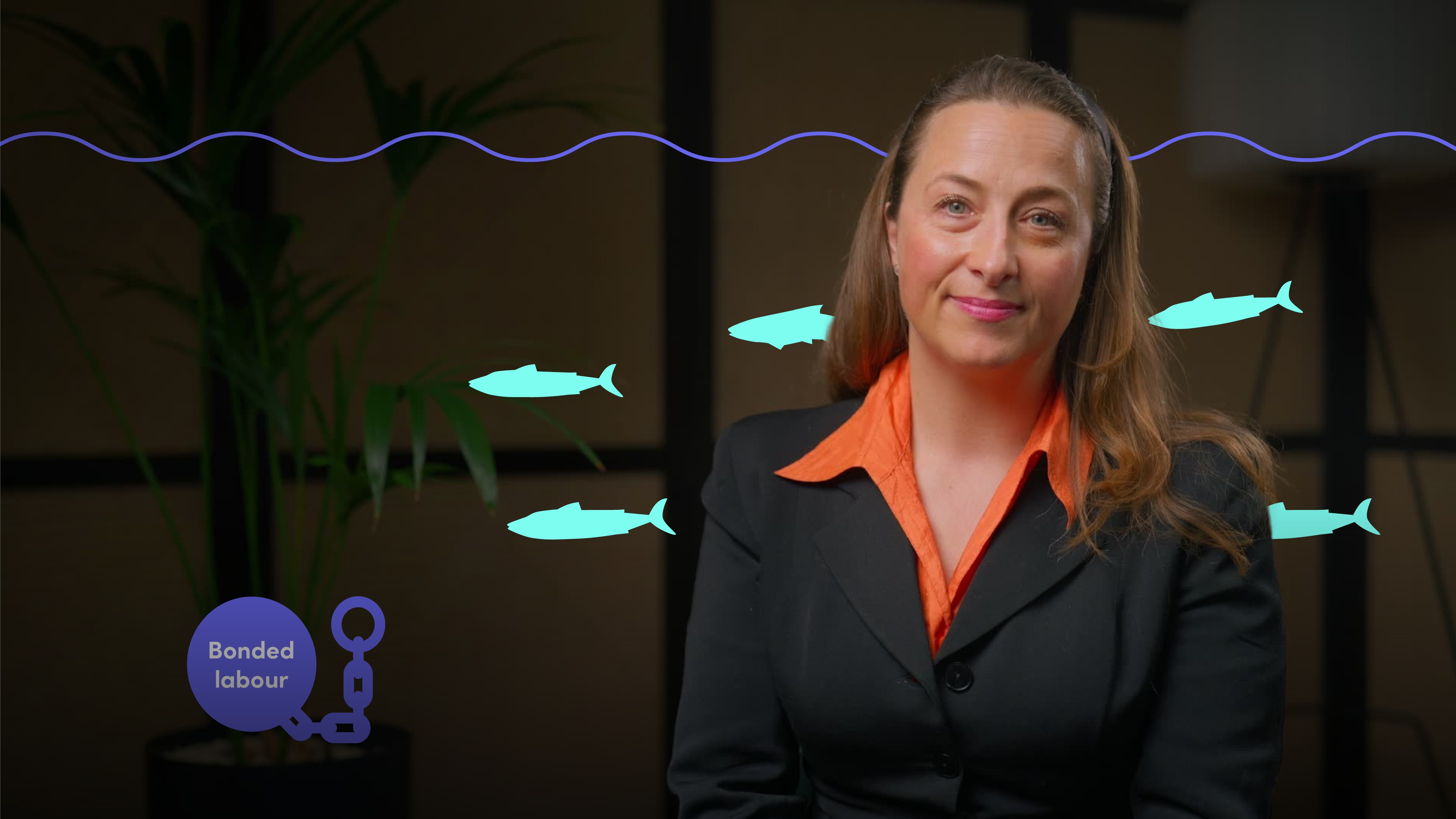
The Case for Human Rights Due Diligence in Business

Kate Larsen
20 years: Human Rights and Supply Chains
Businesses don't really need to care about human rights, do they? Join Kate Larsen as she makes the case as to why they should.
Businesses don't really need to care about human rights, do they? Join Kate Larsen as she makes the case as to why they should.

The Case for Human Rights Due Diligence in Business
6 mins 7 secs
Key learning objectives:
Understand why is human rights due diligence important
Outline why business should care about human rights
Identify examples of bad human rights due diligence
Overview:
Our societies face too many social issues which governments cannot solve alone. Issues in our societies are often caused, and exacerbated by, a lack of business respect for human rights through due diligence. This includes child labour in mining, forced labour in agricultural sectors and the harassment of Indigenous people for their land.

Kate Larsen
There are no available Videos from "Kate Larsen"






